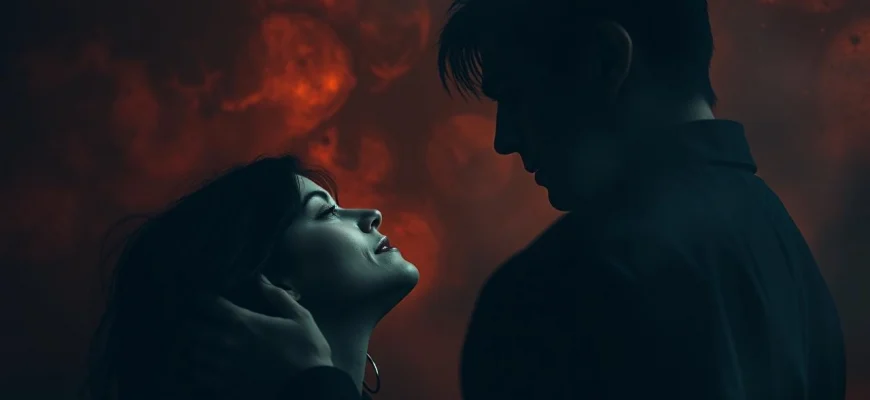If you're a fan of the psychological horror and intense emotional drama of 'Possession' (1981), you're likely craving more films that delve into similar themes of obsession, marital breakdown, and surreal terror. This article curates 10 movies and shows that echo the unsettling atmosphere, complex relationships, and visceral storytelling that made 'Possession' a cult classic. Whether you're drawn to its raw emotional intensity or its nightmarish visuals, this list will guide you to your next cinematic obsession.
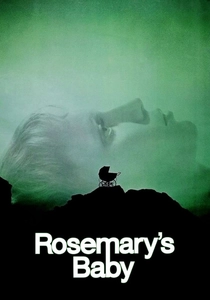
Rosemary's Baby (1968)
Description: Both 'Rosemary's Baby' and 'Possession' deal with themes of marital breakdown, supernatural horror, and female protagonists facing terrifying transformations. The psychological horror elements and the slow unraveling of reality are common to both films. The intense performances and focus on domestic spaces turning sinister create similar unsettling atmospheres.
Fact: Based on Ira Levin's bestselling novel. Mia Farrow's iconic pixie haircut was actually a last-minute decision. The film was shot in the actual Dakota building where John Lennon would later live and die.
 Watch Now
Watch Now 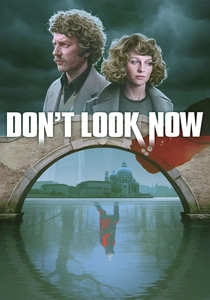
Don't Look Now (1973)
Description: This film shares with 'Possession' themes of grief, supernatural occurrences, and a crumbling marriage. Both feature European settings that become characters themselves, and both employ surreal, dreamlike sequences. The psychological horror and ambiguous reality in 'Don't Look Now' parallel the disturbing atmosphere of 'Possession'.
Fact: Features one of the most famous sex scenes in cinema history. The iconic red coat was inspired by a real-life incident director Nicolas Roeg witnessed. The film's editing style became highly influential in horror cinema.
 Watch Now
Watch Now 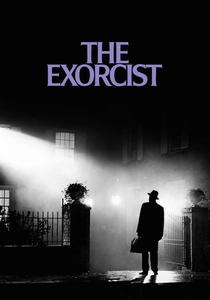
The Exorcist (1973)
Description: While more overtly supernatural, 'The Exorcist' shares with 'Possession' themes of possession, bodily transformation, and intense family drama. Both films feature shocking physical transformations and explore the breakdown of relationships under supernatural pressure. The visceral horror and psychological intensity are comparable.
Fact: Based on a supposedly true case from
 Watch Now
Watch Now 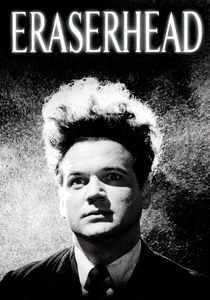
Eraserhead (1977)
Description: David Lynch's surreal masterpiece shares with 'Possession' themes of parental anxiety, urban alienation, and disturbing bodily transformations. Both films create overwhelming senses of dread through surreal imagery and sound design. The nightmarish quality and psychological horror elements are strikingly similar.
Fact: Took 5 years to complete due to budget constraints. The baby was created using a sheep's fetus and other materials. Lynch has never fully explained the film's meaning, preferring to keep it mysterious.
 Watch Now
Watch Now 
The Tenant (1976)
Description: Like 'Possession', 'The Tenant' explores themes of paranoia, identity crisis, and psychological breakdown within an urban setting. Both films feature protagonists who descend into madness, blurring the lines between reality and hallucination. The eerie, claustrophobic atmosphere and surreal visuals in 'The Tenant' mirror the unsettling tone of 'Possession'.
Fact: Directed by Roman Polanski, who also stars in the film. The third film in Polanski's 'Apartment Trilogy', following 'Repulsion' and 'Rosemary's Baby'. Features one of the most disturbing dental scenes in cinema history.
 Watch Now
Watch Now 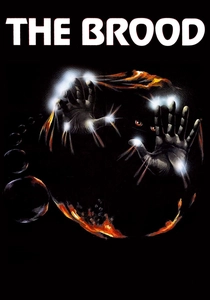
The Brood (1979)
Description: David Cronenberg's 'The Brood' shares with 'Possession' themes of marital breakdown manifesting in physical horror. Both films explore the idea of psychological trauma taking physical form, with disturbing body horror elements. The intense performances and exploration of toxic relationships create similar unsettling experiences.
Fact: Cronenberg has stated the film was inspired by his own divorce and custody battle. Features some of the most disturbing child performances in horror history. The film's special effects were created without CGI, using practical effects only.
 Watch Now
Watch Now 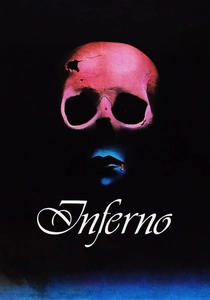
Inferno (1980)
Description: Dario Argento's 'Inferno' shares with 'Possession' a dreamlike, surreal quality and emphasis on striking visual compositions. Both films create horror through disorienting atmosphere rather than straightforward narrative. The use of color and architecture to create unease is similarly masterful in both works.
Fact: The second film in Argento's 'Three Mothers' trilogy. Features an underwater sequence that was extremely difficult to film. The film's score was composed by Keith Emerson of Emerson, Lake & Palmer.
 Watch Now
Watch Now 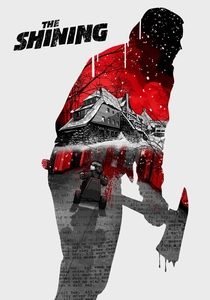
The Shining (1980)
Description: Both 'The Shining' and 'Possession' explore marital breakdown in the context of supernatural horror, with isolated settings that amplify psychological tension. The intense performances, particularly from the female leads, and the slow descent into madness create similar unsettling atmospheres. Both films also feature iconic, disturbing imagery.
Fact: Shelley Duvall's stressful experience during filming is well-documented. The famous 'Here's Johnny' line was improvised by Jack Nicholson. Stanley Kubrick used Steadicam technology in innovative ways for the film.
 Watch Now
Watch Now 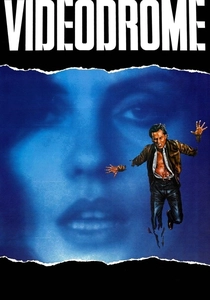
Videodrome (1983)
Description: Like 'Possession', 'Videodrome' explores themes of reality distortion and psychological breakdown, though through the lens of media rather than relationships. Both films feature surreal body horror and transformations that challenge the protagonist's perception of reality. The visceral, disturbing imagery in both creates similar unsettling experiences.
Fact: Features Debbie Harry of Blondie in a starring role. The 'video tumor' concept was inspired by Marshall McLuhan's media theories. The film was heavily censored in many countries upon release.
 Watch Now
Watch Now 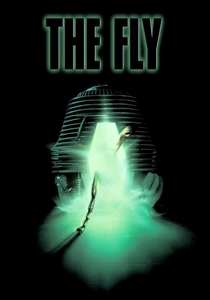
The Fly (1986)
Description: While more science-fiction oriented, 'The Fly' shares with 'Possession' themes of bodily transformation as metaphor for relationship breakdown. Both films feature intense, physical performances and explore love turning into something monstrous. The visceral body horror and emotional intensity create similar disturbing experiences.
Fact: Jeff Goldblum and Geena Davis began their relationship during filming. The famous 'Brundlefly' makeup took 5 hours to apply each day. David Cronenberg turned down 'Top Gun' to direct this film.
 Watch Now
Watch Now 
